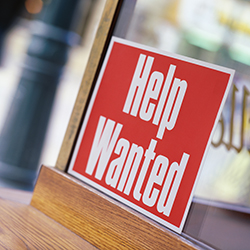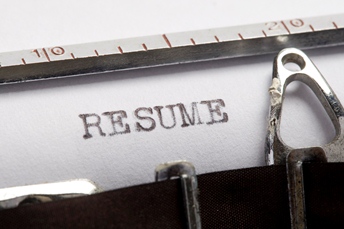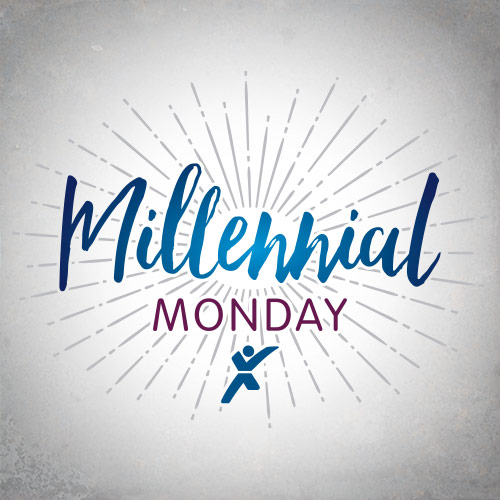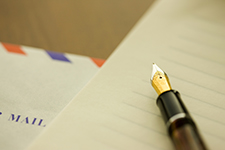The holiday gift-buying rush is upon us, and with it comes a perfect opportunity to find a seasonal job to bring in a little extra money.
Consumers spent more than $626.1 billion dollars during the winter holidays in 2015-2016, according to the National Retail Foundation, continuing an upward trend since 2008. In 2014, employers hired more than 700,000 employees to help offset the holiday rush, creating an almost 6% increase in employment during that time.
So what’s the best way to go about searching for a seasonal job? Follow the four tips below to get a jump start on your competition.
Look in the Right Places
Large retailers, such as Walmart and Target, offer the best opportunities for seasonal workers because of the variety of products they offer. But don’t neglect other niches outside of retail. Shipping companies also experience a large increase in volume during the holidays, allowing for several contract positions.
Beat the Competition
Start pounding the pavement now to look for that seasonal job. Companies are already planning for holiday hiring, and it pays to get on their radar early. You might also consider using a staffing company, such as Express Employment Professionals, as they often work with client companies that hire extra holiday help.
Be Prepared
When shopping around for jobs, be prepared to interview or fill out an application on the spot. Bring a pen, copies of your resume, proof of citizenship, and contact information for your professional references. Don’t forget to block off plenty of time to talk with a supervisor if you get the chance.
Be Flexible
Seasonal workers must be flexible to accommodate for extended store hours, and you don’t want to knock yourself out of the game by demanding a specific schedule.
Do you plan to look for seasonal work this holiday season? Share your thoughts in the comments below!







